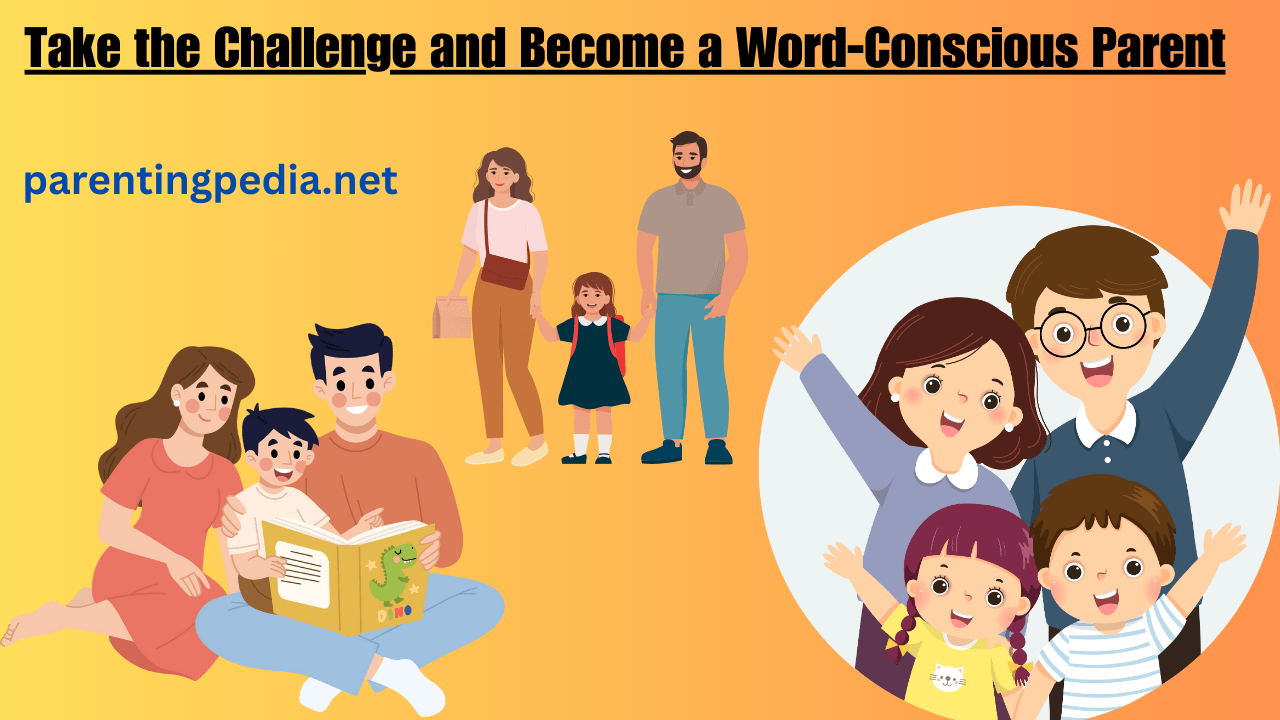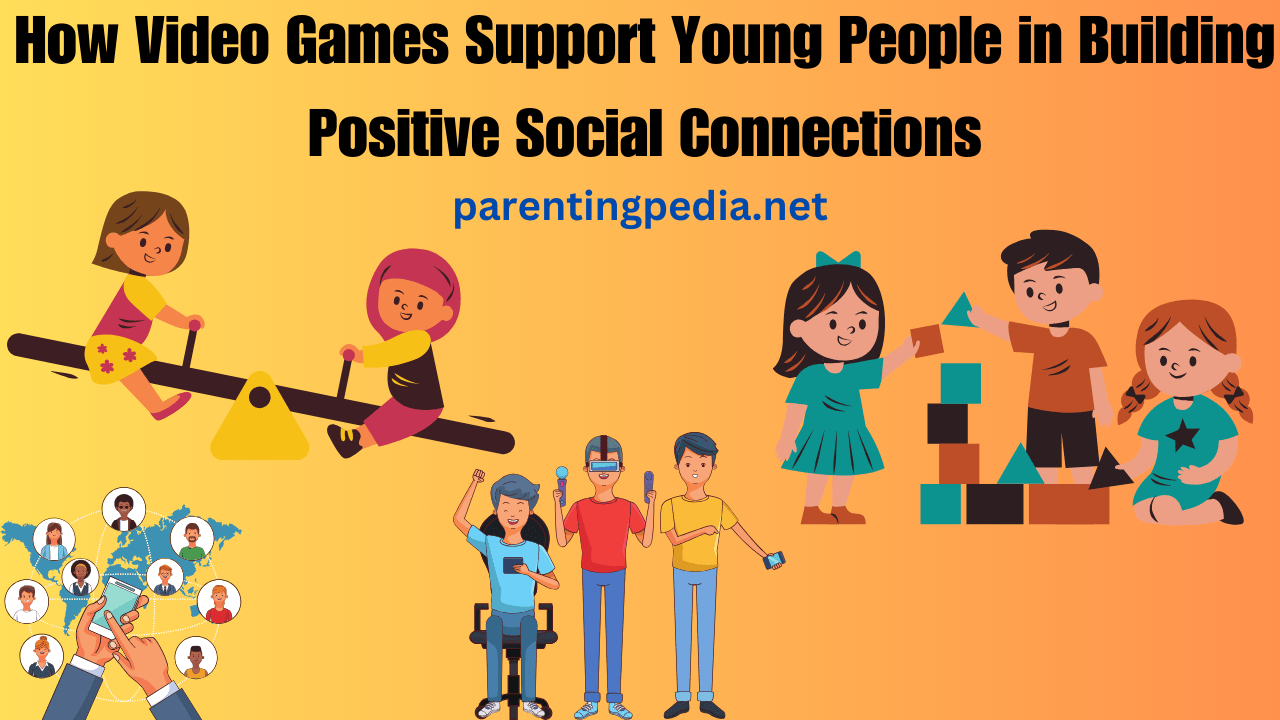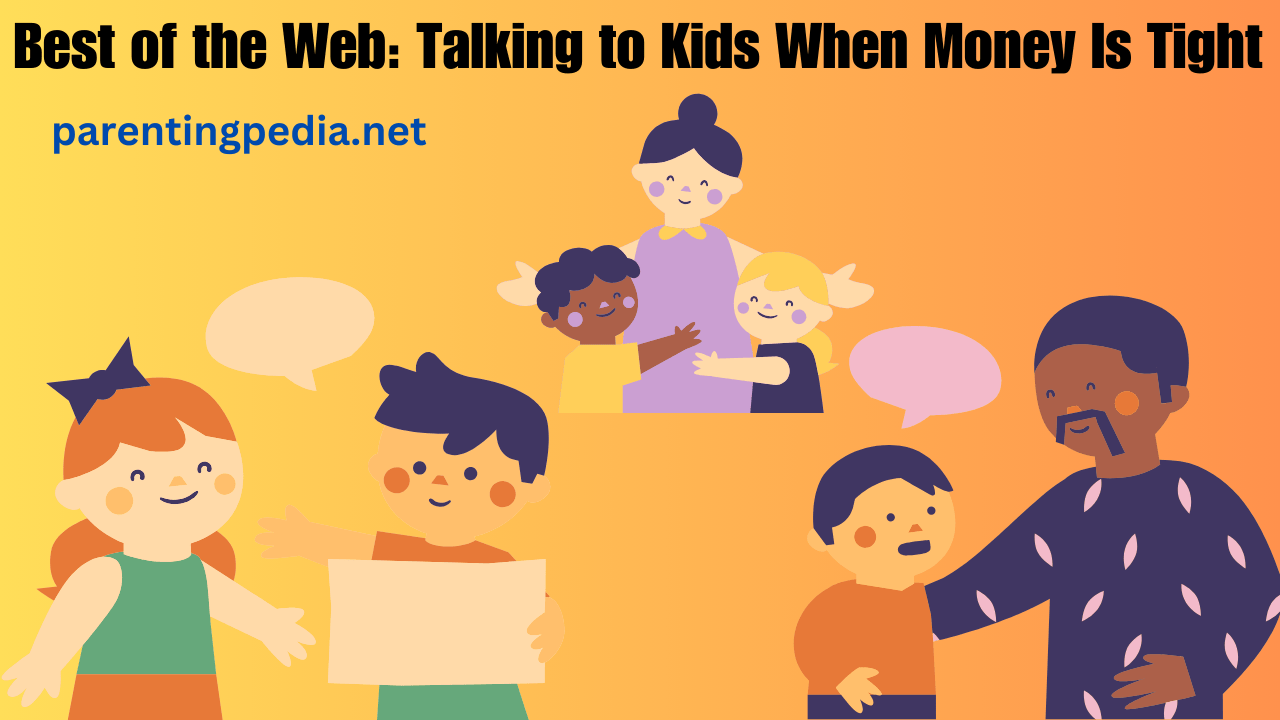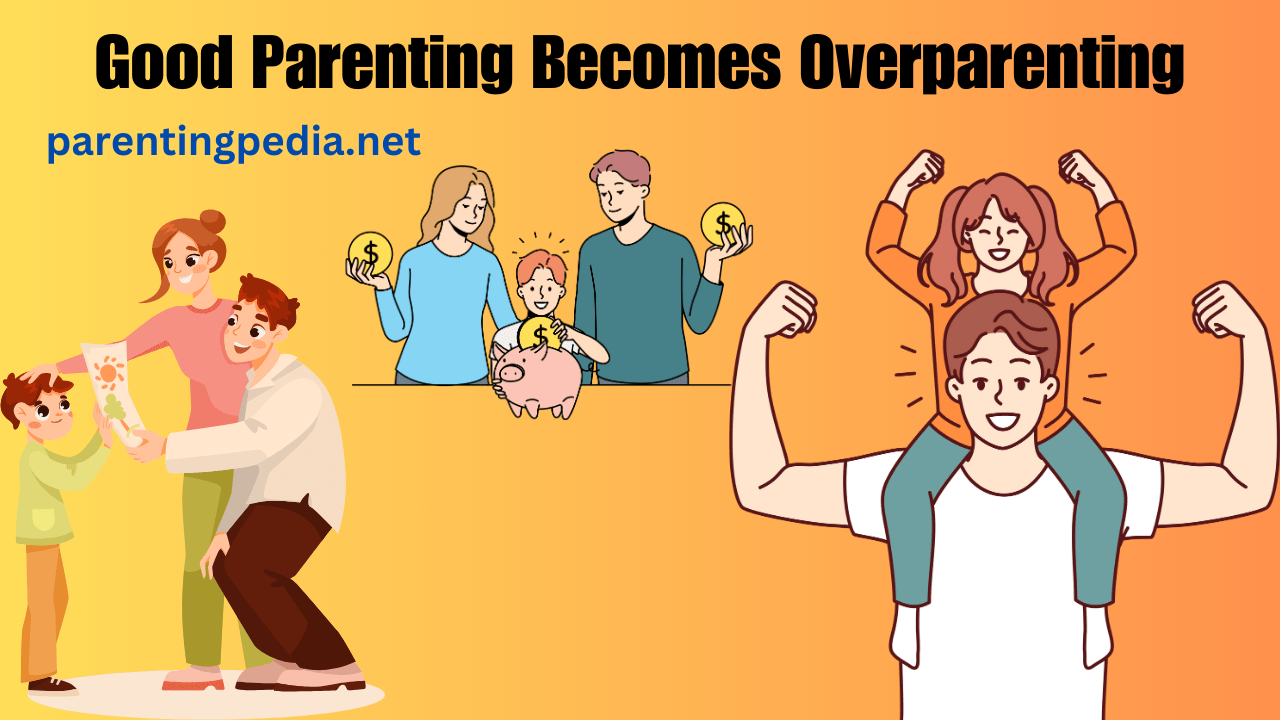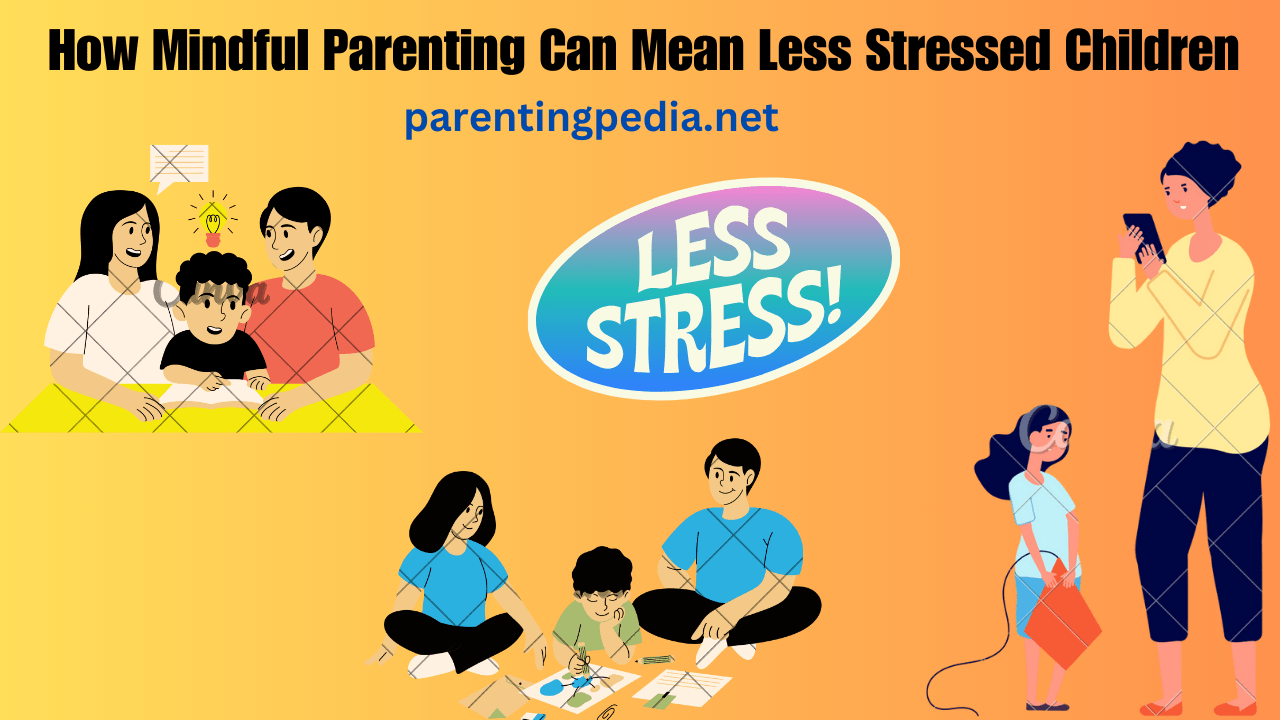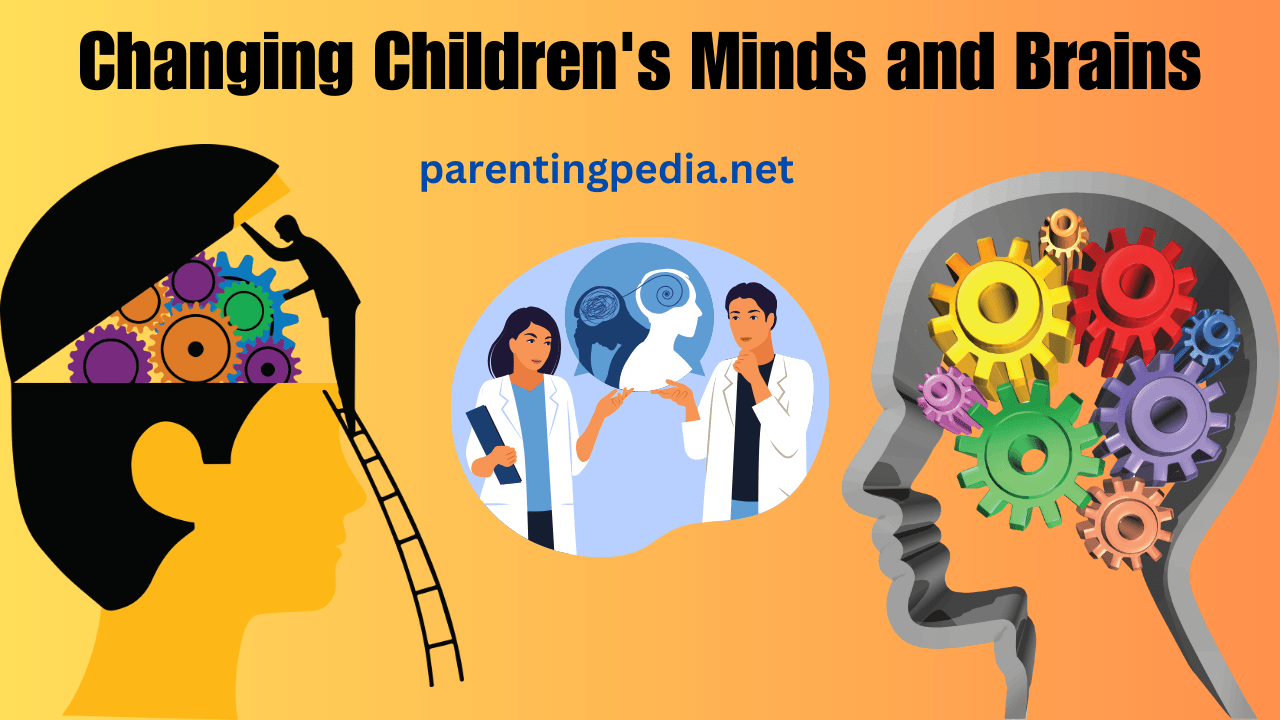Parenting tweens can be a challenging yet rewarding journey. As your children get older and step into their teenage years, communication becomes more critical than ever. In this article understand 5 Messages from Your Tween Child They Want You to Hear
To help bridge the gap between you and your tween, Michelle Mitchell, an award-winning educator and founder of the Child Mind Institute, gathered insights from 567 tweens who participated in her 2020 anonymous survey.
In this blog post, we’ll explore the five messages your tween may want you to hear, offering parenting tips and guidance on how to navigate this crucial phase in their lives.
1. Recognize the Signs of Growing Independence
Your tween might not say it outright, but their growing independence is a crucial aspect of adolescence. It’s normal for tweens to start pulling away from their parents as they navigate the path to self-discovery. Michelle Mitchell emphasizes the importance of recognizing this as a natural part of development rather than a sign of rejection.
Parenting Tips:
- Be a Compassionate Listener: Instead of pushing for information, be a compassionate listener. Let your tween know that you’re there for them without being judgmental or intrusive.
- Create a Safe Space: Establish an environment where your tween feels safe expressing themselves without fear or shame. This will encourage open communication.
2. Struggle to Open Up and Talk
Communication can become a battleground during the tween years. Tweens might find it difficult to articulate their thoughts and emotions, leading them to intentionally hide behind a wall of fear. As a parent, understanding this struggle is crucial to building a strong parent-child relationship.
Parenting Tips:
- Validate Their Feelings: Even if you don’t fully understand, validate your tween’s emotions. Let them know that their feelings are recognized and taken seriously.
- Ask Direct Questions: Instead of waiting for them to open up, ask direct yet non-intrusive questions. This can encourage them to share their thoughts without feeling overwhelmed.
3. Acknowledge the Challenges They Face
Navigating adolescence is no easy feat. Your tween might be dealing with academic pressures, social changes, and the internal struggle of self-esteem. It’s essential to acknowledge these challenges and let your tween know that you’re there to support them.
Parenting Tips:
- Explore Popular Topics: Stay informed about the challenges tweens commonly face. This can help you understand what your child might be going through and offer relevant support.
- Frequently Asked Questions (FAQs): Anticipate common questions your tween might have and address them proactively. This shows that you’re aware of their concerns.
4. Be Mindful of Their Need for Independence
One of the most important messages tweens wish their parents knew is the need for independence. While they still need guidance, tweens crave the freedom to make decisions and learn from their choices.
Parenting Tips:
- Let Them Make Choices: Allow your tween to make age-appropriate decisions. This helps build their confidence and encourages them to make better choices.
- Keep Your Emotions in Check: As a parent, it can be challenging to see your child making decisions, especially if they differ from what you’d choose. Keep your emotions in check and trust in the lessons they’ll learn.
5. Recognize Them as Individuals
Tweens often feel overlooked or dismissed, especially when treated as children rather than individuals with unique thoughts and feelings. Acknowledge their growing maturity and treat them with the respect they crave.
Parenting Tips:
- Spend Quality One-on-One Time: Dedicate time to spend with each of your tweens individually. This fosters a sense of recognition and importance.
- Empathize with Their Perspective: Put yourself in their shoes and empathize with their perspective. This can help you understand their point of view and strengthen your connection.

Pros and Cons of Parenting Tweens: Navigating the Ups and Downs
As we delve deeper into the world of parenting tweens, it’s essential to acknowledge that this phase comes with its own set of challenges and rewards. Understanding the pros and cons can help you navigate the ups and downs of this transitional period more effectively.
Pros of Parenting Tweens:
- Development of Independence:
- Pro: Witnessing your tween develop independence is a rewarding aspect of this phase. It signifies their growth and readiness to take on more responsibilities.
- Building a Stronger Bond:
- Pro: Navigating the challenges of parenting tweens allows for the opportunity to build a stronger bond. By actively listening and supporting them, you can create a foundation of trust that will endure through their teenage years.
- Preparing for Adolescence:
- Pro: Parenting tweens is like a training ground for the upcoming adolescent years. Successfully navigating this phase equips both you and your tween with valuable skills for the challenges ahead.
- Encouraging Decision-Making:
- Pro: Allowing tweens to make age-appropriate choices fosters a sense of responsibility and confidence. This skill set will serve them well as they continue to grow.
- Promoting Open Communication:
- Pro: Working on communication during the tween years sets the stage for more open discussions in the future. Establishing a safe space for your tween to share their thoughts and feelings strengthens the parent-child relationship.
Cons of Parenting Tweens:
- Challenges in Communication:
- Con: One of the significant cons of parenting tweens is the struggle in communication. Tweens may find it difficult to express themselves, leading to potential misunderstandings.
- Pushing Boundaries:
- Con: As tweens seek independence, they may test boundaries. This can be challenging for parents who need to balance giving them freedom while ensuring their safety.
- Dealing with Emotional Turmoil:
- Con: Tweens often experience emotional highs and lows as they navigate changes in friendships, self-esteem, and academic pressures. Helping them cope with these emotions can be emotionally taxing for parents.
- The Tug-of-War for Independence:
- Con: Balancing the need for independence with the necessity of parental guidance can create tension. Tweens may resist parental involvement, leading to potential power struggles.
- Navigating Peer Influences:
- Con: Peer influences become more pronounced during the tween years. Parents may find it challenging to guide their tweens while competing with the influence of friends.
Conclusion:
Parenting tweens requires a thoughtful and intentional approach. Michelle Mitchell’s insights, gathered from the 2020 anonymous survey, shed light on what tweens wish their parents understood. By recognizing their growing independence, understanding their struggle to communicate, acknowledging their challenges, respecting their need for independence, and recognizing them as individuals, you can navigate the tween years with compassion and openness.
Remember, being a good listener, validating their feelings, and creating a safe space are essential components of effective communication. As your tweens explore the path to adolescence, take a deep breath, and embrace the journey together. After all, being there for your child in these formative years lays the foundation for a strong and trusting parent-child relationship.
PS: Even if you don’t always know what’s happening in your tween’s life, it’s normal. They might not always share everything, but knowing you’re there for them is what matters most. Keep being a compassionate listener, and your tween will appreciate having a supportive parent by their side.
Remember, the greatest reward of parenting lies in watching
your children soar with love and confidence.
Till then keep smiling and be happy 😊
👇 Worth Reading 👇
- Best of the web, when you’re a teen, asks for non-alcoholic beer and more
- Choosing the Best Musical Instrument for Children to Learn
- Finding Balance Becoming a Screen Smart Family
- When Life Sucks: A Conversation with Psychiatrist and Comedian Dr. Jo Prendergast
- Getting kids to talk about their feelings
- The case for banning corporal punishment of kids
- How Parents Can Help Kids Make Good Friends
- 13 Reasons Why? What Every Parent Needs to Know
- How to Get Your Teenager Off the Couch
- The Two Most Important Things You Can Say to Your Child
- 10 Tips to Help Your Teen Out of the Procrastination Trap
- Is your child being bullied, how parents can help?
- Taking care of emotions a guide for parents and their kids
- Getting Involved Parents Making a Difference
- How to manage your child’s self-criticism


